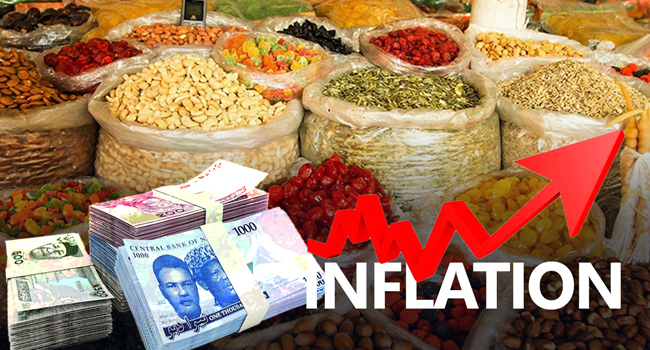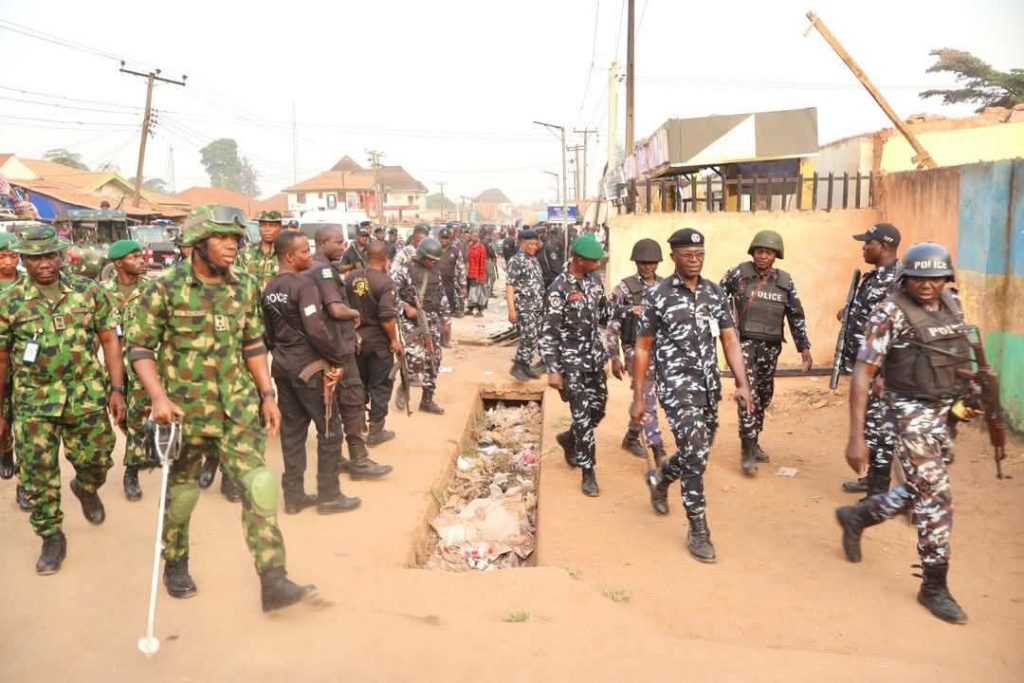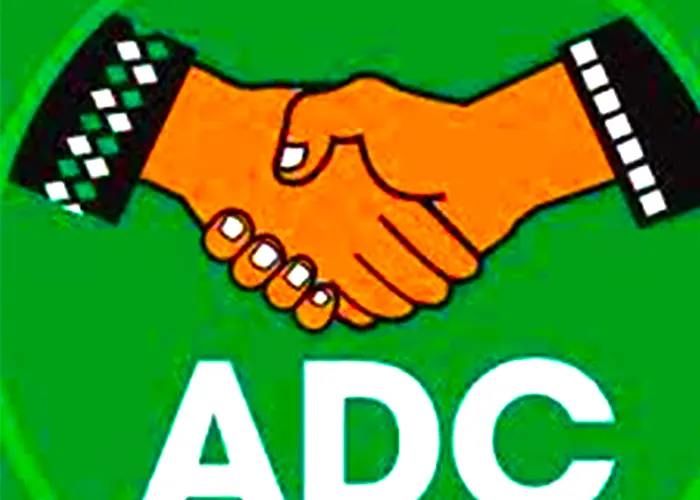The World Health Organisation’s Regional Director for Africa, Dr. Matshidiso Moeti, expressed deep concern over the distressing cancer situation in Africa. In her address marking the 2024 World Cancer Day, Dr. Moeti revealed that the WHO African Region witnessed approximately 882,882 new cancer cases with about 573,653 deaths in the year.
Dr. Moeti emphasized that half of the new cancer cases in adults within the region are attributed to breast, cervical, prostate, colorectal, and liver cancers. She issued a stark warning, projecting that without immediate action, cancer mortality could escalate to nearly one million deaths annually by 2030. Furthermore, she highlighted the alarming trend that within 20 years, cancer death rates in Africa are projected to surpass the global average of 30%.
Urging for decisive action, Dr. Moeti illuminated the stark contrast in cancer survival rates, citing an average of 12% in the WHO African region, significantly lower than the global average of over 80% in High-Income Countries.
Each year on February 4th, the world unites to raise awareness about cancer. The focus of World Cancer Day from 2022 to 2024 is aimed at “Closing the cancer gap.” 2024 marks the concluding year of the campaign, with this year’s theme, “Together, we challenge those in power,” encapsulating the global call for leaders to prioritize and invest in cancer prevention and care, aiming for a just and cancer-free world.
In Nigeria, the National Cancer Prevention and Control Plan (2018-2022) reports a staggering 72,000 deaths and 102,000 new cases annually.
Despite the grim statistics, Dr. Moeti commended the progress in cancer prevention and care across Africa. Notably, 17 countries have implemented high-performance-based screening tests in line with WHO recommendations, and 28 Member States have introduced nationwide HPV vaccination, targeting 60% of the priority population. She emphasized the universality of the theme, asserting that everyone deserves equal access to cancer prevention, diagnosis, and treatment, regardless of their socioeconomic status, location, age, or gender.
Dr. Moeti called for unity and universal access to cancer prevention and care, urging stakeholders to prioritize evidence-based population-wide interventions and invest in cancer control. She also emphasized the crucial role of civil society, especially organizations representing cancer survivors, in the fight against cancer.
She urged countries to utilize the updated WHO Best Buys, designed to guide governments in selecting cost-effective policies and interventions for non-communicable diseases. Additionally, she stressed the importance of leaders ensuring the affordability of technologies and therapies for cancer prevention and care, along with strengthening information systems to gather high-quality data for decision-making.
Embracing a “whole-of-society” approach to cancer prevention and care, Dr. Moeti concluded by challenging those in power to go the extra mile for a cancer-free Africa.



